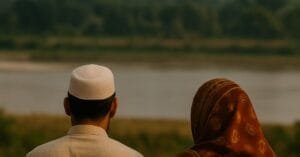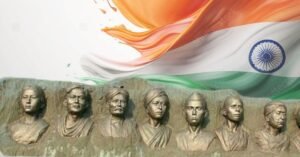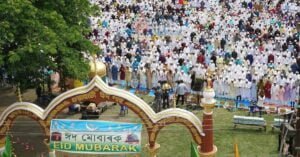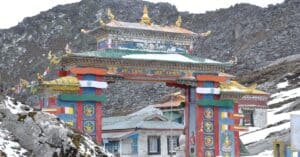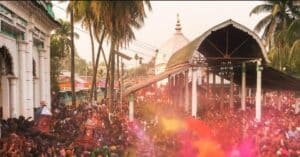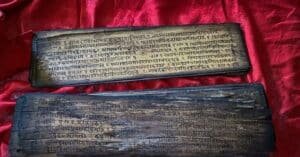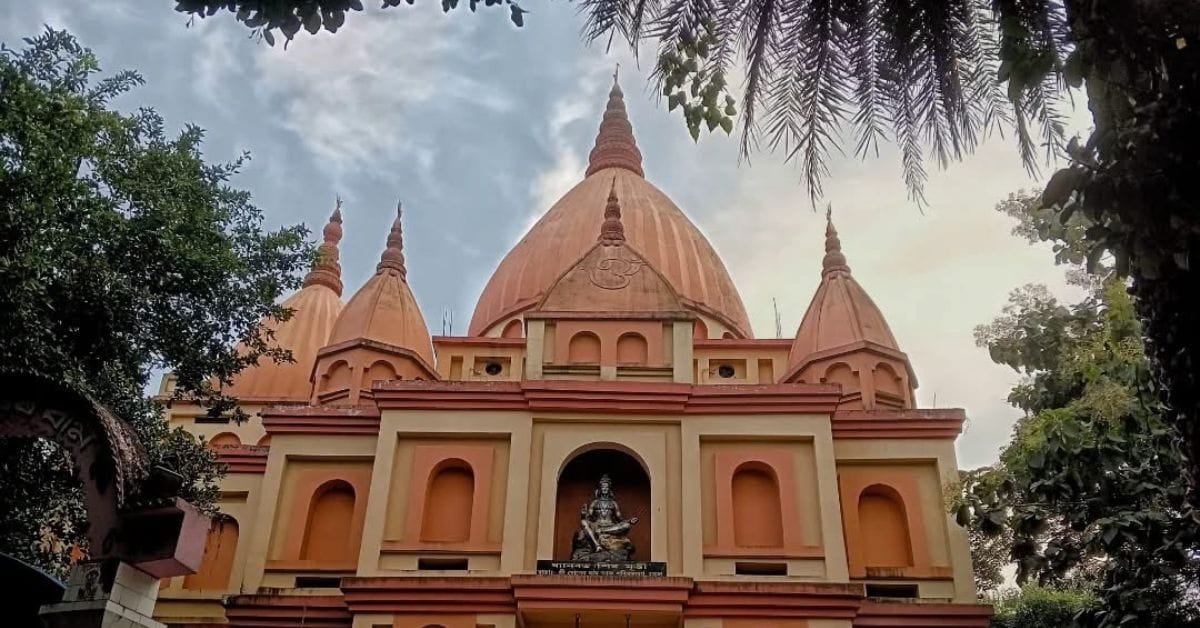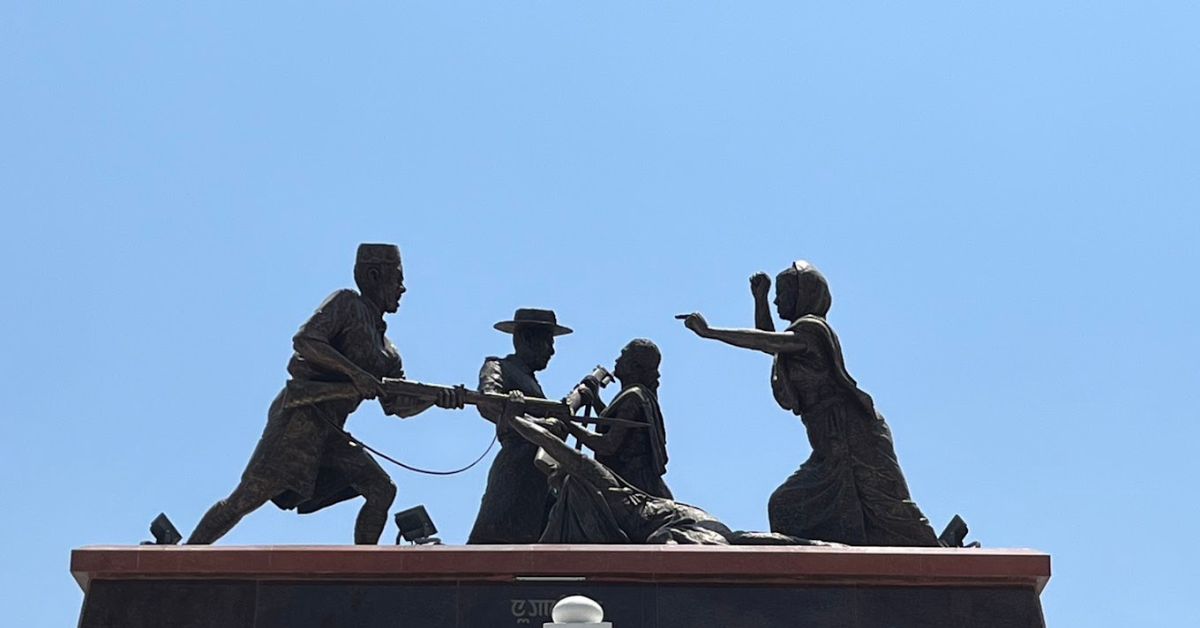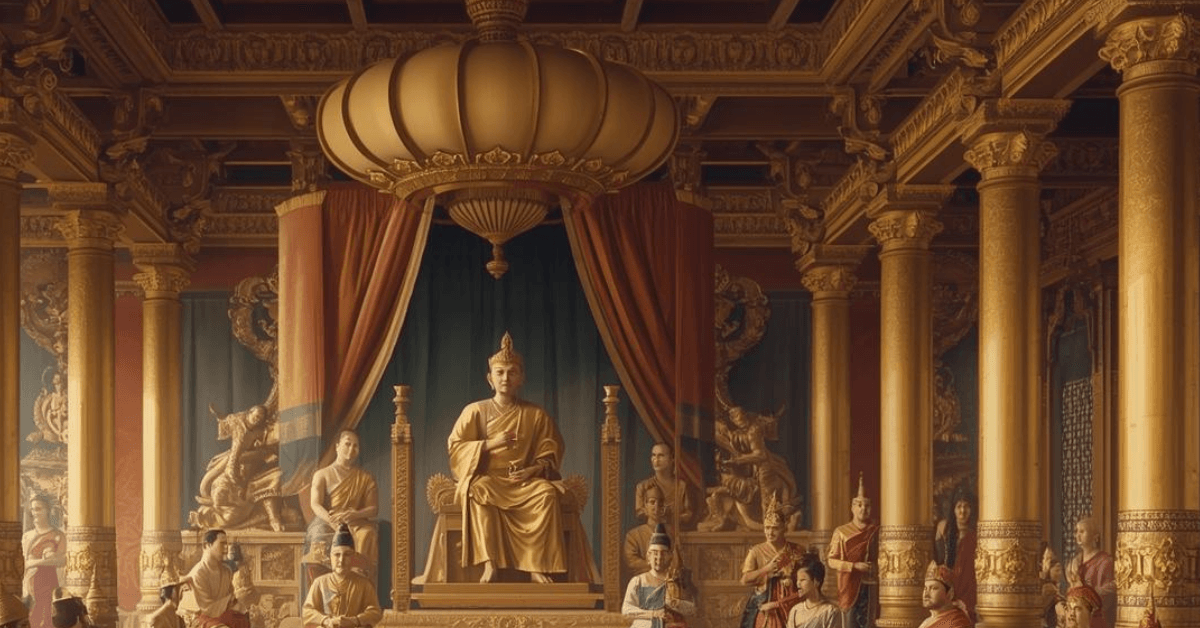Assam, home to over 10 million Muslims, accounts for more than 40% of its total population, making it the fifth largest state in India by Muslim population. Assamese Muslims, an integral part of Assam’s socio-cultural milieu, have contributed immensely for the development of this region and have been a part of the nation building process for centuries. This blog is about Muslim freedom fighters of Assam who contributed towards India’s freedom struggle.
Initial Muslim Freedom Fighters of Assam
The Revolt of 1857, a seminal event in Indian history, spread rapidly into Assam. Initially welcomed as liberators from Burmese control after the Treaty of Yandaboo (1826), the British soon alienated Assam’s aristocracy and common people through exploitative policies, heavy taxation, and disregard for local welfare. This discontent culminated in a planned revolt led by Maniram Dewan and Piyali Baruah, whose efforts to restore local rule were thwarted by British suppression, marking Assam’s participation in the broader uprising.
Bahadur Gaoburah : The Man Who Rallied Muslim Freedom Fighters of Assam
During India’s first war for independence, Bahadur Gaon Burah was a close aide of Maniram Dewan and Piyali Boruah. He was entrusted with the responsibility of garnering support from Muslim community against the British.
Born in 1819, Bahadur’s real name was Sheikh Bahadil. His family held the royal position of ‘Akhorkota Barua’ entrusted with the responsibility of writing on the copper plate inscriptions recording land grants made by the Ahom kings. He was a village headman in Titabar in Jorhat district of Assam; hence, the nomenclature Gaonburah. He became known as Bahadur for his courage. Bahadur Gaonburah was also a well know craftsman of ivory products and several of his hand-made creations are still preserved at the Auniati Satra in Majuli.
He became a part of the independence movement and was arrested by the British. He was put on trial for treason, along with Maniram Dewan and a few others, in 1858. He was sentenced to life imprisonment in the Cellular Jail (also known as Kala Pani) in Andaman and Nicobar Islands. His sentence was commuted later on and he returned to Titabar, where he died in 1891.
Formud Ali
He too was sentenced and incarcerated in the jail along with Bahadur Gaonburah for his part in the independence movement. Farmud Ali was also from Jorhat and he was also a village headman. He was an expert tailor as well as an accomplished musician. After being sentenced to jail by the British, he spent 14 years of his life in the Cellular Jail in the Andaman and Nicobar Islands.
Bahadur Gaonburah and Formud Ali are shining examples of involvement of Assamese Muslims in the Indian independence movement. The names of the duo are still remembered by many as the first Muslim freedom fighters of Assam.
Abdul Matlib Mazumdar
Abdul Matlib Mazumder (1890–1980) was an Indian freedom fighter and political leader from Hailakandi district of Assam. In the early 1920s, he was at the forefront of the Khilafat Movement as a student at Dhaka. It was during that time that he came into contact with top other Indian leaders such as Ali brothers and became an ardent supporter of Mahatma Gandhi’s ideas.
In 1946, when India was still under British rule, he became an MLA and also Cabinet Minister of Assam. He was one of the prominent Muslim leaders of eastern India to support Hindu-Muslim unity, opposing the partition of India on communal lines. Mazumder along with Fakhruddin Ali Ahmed became the most prominent Muslim opponents of the demand for a separate Muslim state of Pakistan, especially in the eastern part of the country (Assam-Bengal).
Fakhruddin Ali Ahmed
Fakhruddin Ali Ahmed is another prominent figure from among the Assamese Muslim community who went on to become the President of India. Till date, he is the only Assamese to hold that post. He was a member of the Indian National Congress and had actively participated in the Indian Freedom Movement. In 1940, he was imprisoned for one year for offering individual satyagraha, and immediately after his release, he was detained as security prisoner for 3 years till April 1945.
Fakhruddin Ali Ahmed was a member of the Council of Ministers when Gopinath Bordoloi was the Prime Minister of Assam (before Indian independence). He served as the Minister of Finance and Revenue during that tenure. After independence, he was elected twice to the Assam Legislative Assembly (1957-1962 and 1962-1967). During these tenutes. he served as the Minister of Finance, Law, Community Development, Panchayats and Local Self Government. He was elected to the Lok Sabha twice (in 1967 and 1971). He held several important portfolios as part of the Central Cabinet and was Minister of Power; Irrigation; Education; Food, Agriculture, Community Development & Co-operation; Industrial Development & Company Affairs. He was also a two-time member of the Rajya Sabha (1952-53 and 1962). An accomplished lawyer, he was also the Advocate General of Assam (1946-1952).
Fakhruddin Ali Ahmed became President of India in 1974. Chosen for the presidency by then Prime Minister Indira Gandhi, he was elected as President on 20 August 1974. He became the second Muslim and the first Assamese to be elected President of India. During his tenure as the President, several Assam-related events were organized at the Rashtrapati Bhavan. The Annual Bihu event of Assam Association, Delhi, was also organized in the Rashtrapati Bhavan premises when he was the President. His contribution as Muslim freedom fighters of Assam is limited to political spheres only; he was not so involved in mass-movement.
Maulana Mohammed Tayebulla : The Patriotic Muslim freedom fighters of Assam
Another well-known figure from the Assamese Muslim community, who played an important role in the independence movement, was Maulana Mohammed Tayebulla. An academically brilliant person, he was practising law in Guwahati when he responded to a call from Mahatma Gandhi to join the Non-Cooperation Movement. He gave up his legal practice and plunged into the movement in 1921.
During the independence movement, he came in close contact with leaders like Mahatma Gandhi, Jawaharlal Nehru, Sardar Parel and several others. In 1926, he was appointed as the General Secretary for the All India Congress Committee (AICC) session held at Pandu in Guwahati. He served as the General Secretary of the Assam Pradesh Congress Committee (APCC) from 1926 to 1931 and as its President from 1940 to 1948.
Mohammad Tayebulla was jailed several times for his participation in the independence movement. He was first jailed in 1921, soon after he had joined the non- cooperation movement. He was jailed again in 1931, 1936, and then for five years from 1941 to 1946. In all, he was imprisoned for almost seven years during the freedom movement.
Mohammad Tayebulla had the honour of hoisting the national flag on 15 August 1947 ar Judge’s field in Guwahati as part of celebration of India’s first Independence Day. After independence, he became a Cabinet Minister in the Gopinath Bordoloi ministry and was in charge of departments like Excise, Publicity and Jail. He was also elected to the Rajya Sabha twice-in 1952 and 195Mohammad Tayebulla also played a very important role in ensuring that Assam remains a part of India after independence. He fought against the efforts of the Muslim League to make Assam a part of East Pakistan. He was even ostracized by a section of the then Muslim community for his anti-Muslim league stance. That is why he is considered the patriotic among all the Muslim freedom fighters of Assam.
Mohammad Tayebulla was one of the few prominent leaders of Assam who took part in all the important events leading to India’s freedom, like the Non-Cooperation Movement. Quit India Movement, among others.
Anecdote: Two Muslims Subedars namely Sheikh Bhikun and Nur Muhammad (they were not Assamese, but were a part of British Soldiers) was also part of people who joined Sepoy Mutiny in Assam. On 29 August 1857, the rebels of Sepoy Mutiny in Assam met at Sheikh Bhikun’s residence at Nogora and decided to mount an attack on the British.


